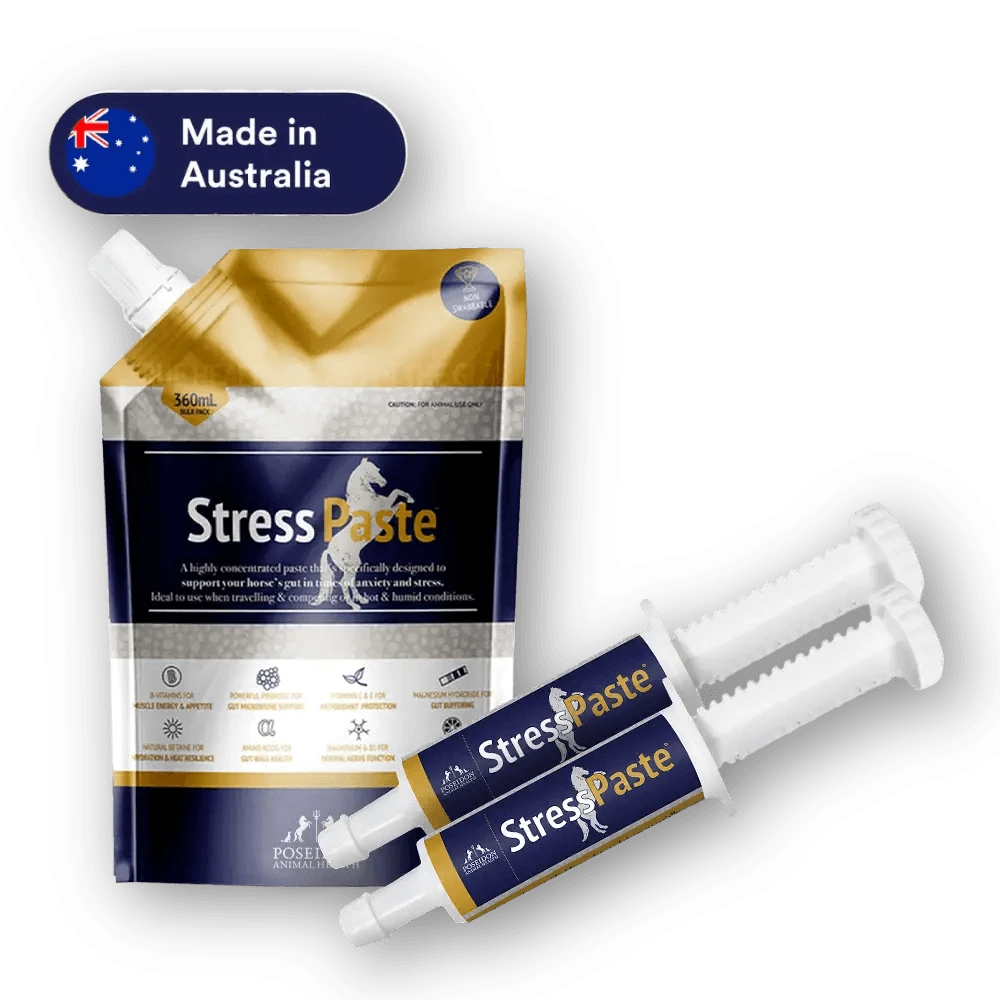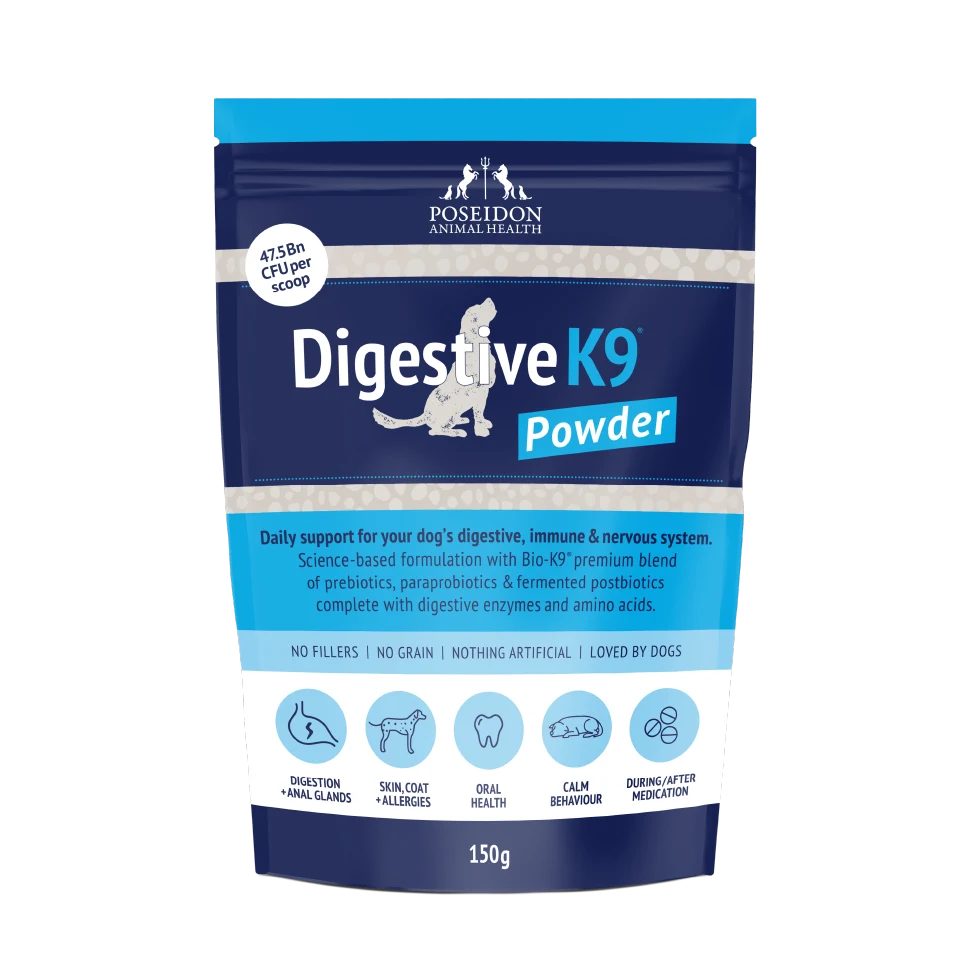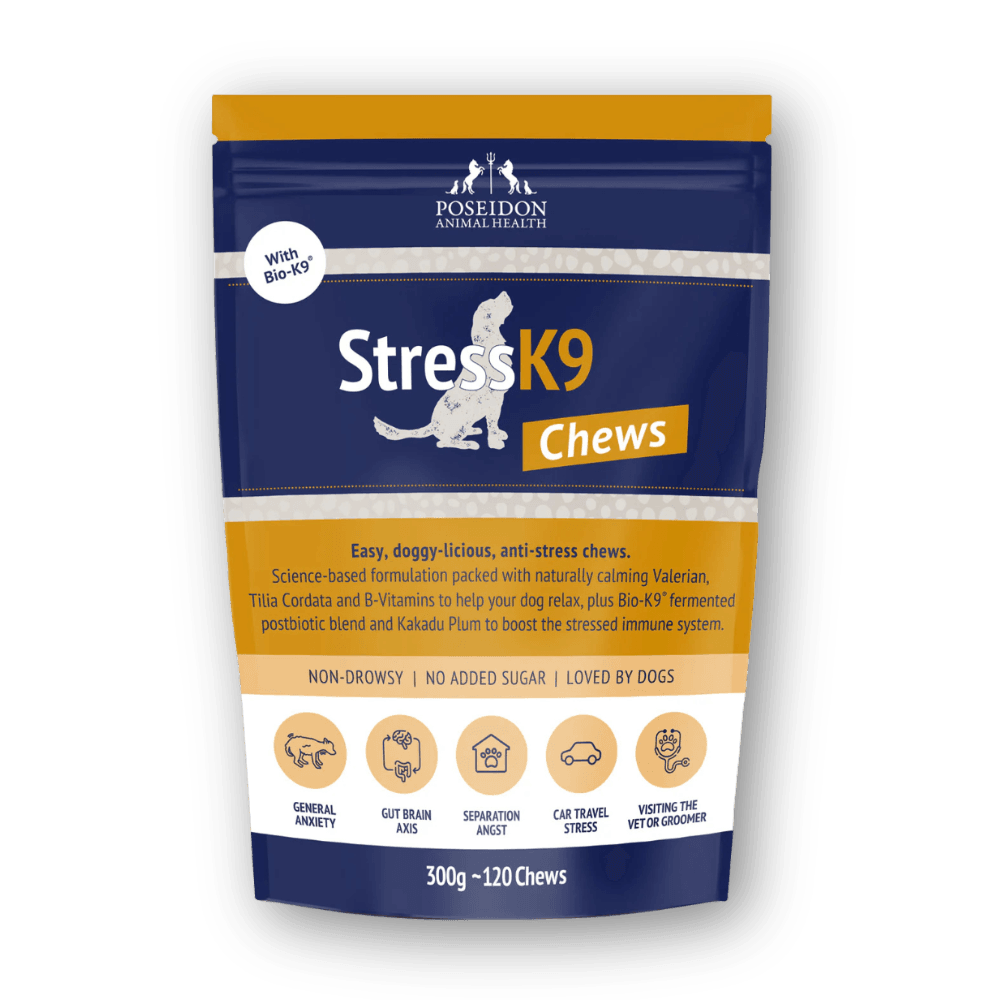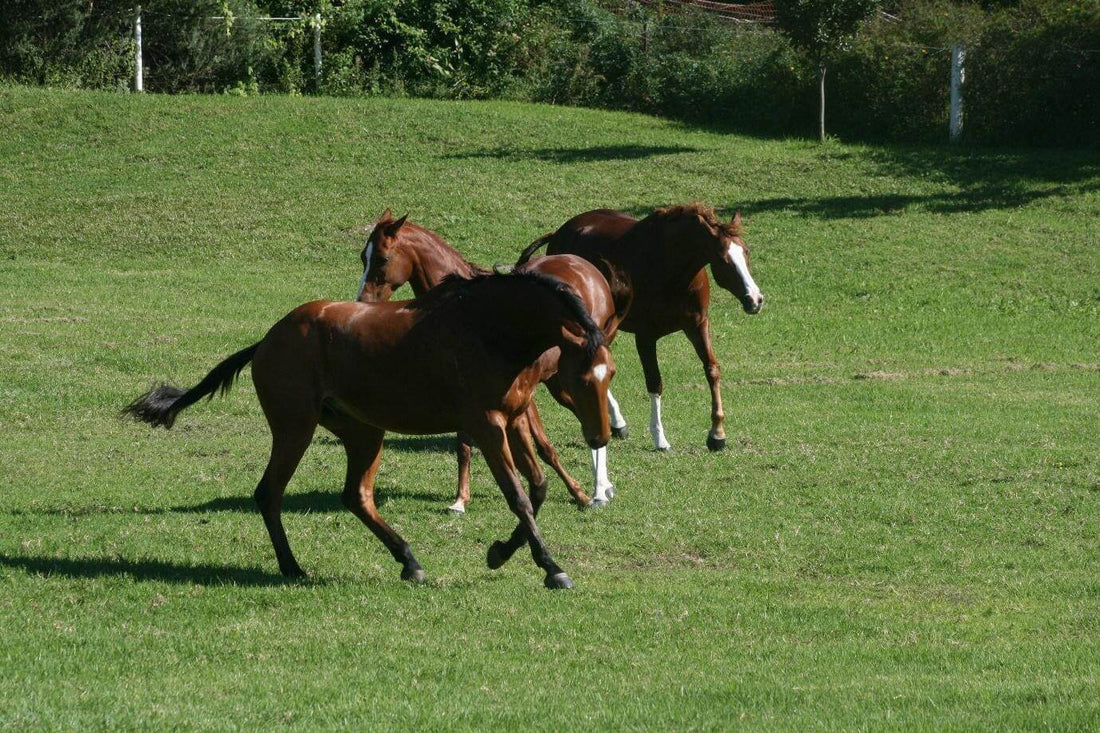
By: Sam Potter (BSc(Hons), MPhilVSc (Equine Nutrition)
The health of your car’s engine is critical for it to run efficiently and reliably. Similarly, the health of your horse’s hindgut or its engine plays an important role in your horse’s overall health and ability to run efficiently.
With both ‘engines’, the type of fuel you put in greatly influences its ability to run well, perform well - and to longevity.

If we fill our car with fuel not designed for it, we quickly find it doesn’t run like it should.
Similarly, with our horses, we may notice they lose weight, have a change in behaviour, their coat becomes dull, or they suffer health-wise with ulcers, colic or poor immunity.
Therefore, as horse owners, we need to ensure we are filling our horses with the right fuel to keep their engines healthy.

Let’s imagine…You have just purchased a brand-new car after saving for what seems like forever.
You are excited beyond belief as it is everything you have ever dreamed of… your favourite colour, the right size, new sheepskin car seat covers, customised number plates, great tyres, airbags and best of all it has climate control.
The day you pick it up, the car dealership run you through all the exciting features and they mention it is designed to run on a certain type of petrol to ensure you get maximum performance and efficiency.
The engine is powered by the combustion of the petrol to create energy to power your beautiful new car. You can’t wait to get in and go for a drive, but it doesn’t take long before you need to refuel.
As you arrive at the petrol station you notice that there is a different type of fuel on sale to the one you know the car really needs.
You have seen it advertised a lot and you know many of your friends use this petrol as you have heard them talking about it.
The sales assistant reinforces your thoughts and so despite the fact that it’s not really the petrol the car was designed to have, you fill your car up anyway.
It doesn’t take long before you notice your car isn’t accelerating as well it was before and soon it starts backfiring and stalling. The reality is, this car is just like your horse.
The horse has an amazing engine, also known as the hindgut.

It relies largely on fibre (petrol) that is fermented (combusted) by microbes to create energy.
Not only does this fermentation process produce energy for your horse but it also produces B Vitamins, Vitamin K and amino acids.
Our horses rely on microbes to convert fibre into energy and other essential nutrients as they don’t have the enzymes necessary to do so themselves.
This means that we must keep these fibre fermenting microbes happy to help best meet our horse’s energy requirement and maintain the production of these essential vitamins.
The hindgut also contains other bacteria which digest other nutrients, like starch and long-chain sugars, which enter the hindgut.
These are in smaller numbers then the fibre fermenting bacteria, unless conditions become more favourable for them including lots of food eg. starch and a more acidic environment.
Unfortunately, the fibre fermenting microbes become less efficient and can die when the pH becomes too acidic.
This is a snowball effect, which in turn can cause less efficient fibre fermentation therefore less energy and vitamin production.
So, like our car that started backfiring and stalling due to the wrong fuel being used, our horses can experience gastric upset (eg. colic), reduced appetite, changes in behaviour, weak hooves, dull coat or start to lose weight.
The intestinal lining becomes inflamed and in severe cases, the good fibre fermenting bacteria die, releasing toxins which are absorbed into the bloodstream and may cause laminitis.
If we go back to the story of the car, the wrong fuel created major problems.
This is also true for horses.
We know that too much starch from grain-based feed ingredients and sugar from molasses are not the fuel our horses were designed to be filled with.
This means that when we are looking at our horses’ diets, providing fuel in the form of fibre from low-sugar forages should be our priority.
Where possible, limit the amount of starch and sugar within the diet by removing grain-based feeds or feeds which contain obviously large quantities of molasses.
If you’re feeding grain, choose extruded or cooked grains which allow starch to be easily digested and don’t feed more than 500g per 100kg body weight of grain-based feeds to ensure starch is not ending up in the hindgut where it can disrupt fibre fermentation.
So, next time you pull into the feed store, remember to choose the right fuel for your horse. Maintaining a healthy hindgut will assist in preventing many health issues and ensure your horse is running efficiently and performing at their best.







